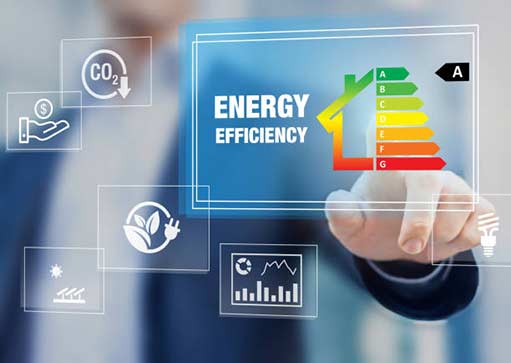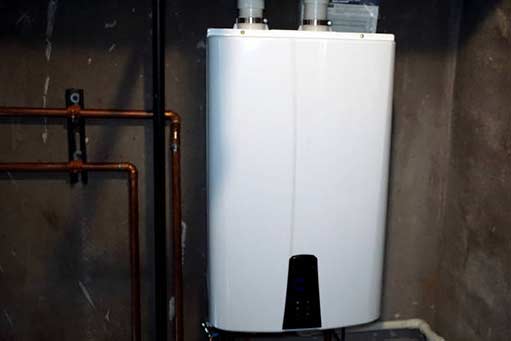
If you’re a homeowner in this vibrant community, you’re probably always looking for ways to improve your home and make it more energy efficient. One area where you can make a significant impact on your energy consumption is your plumbing system. Here we’ll explore eight effective ways to get your plumbing energy efficient in Oak Park. Whether you’re a DIY enthusiast or prefer to hire a professional, we’ve got you covered.
Install Low-Flow Fixtures
One of the easiest ways to conserve water and reduce your energy consumption is by installing low-flow fixtures throughout your home. These fixtures, such as low-flow showerheads and faucets, are designed to minimize water usage while still providing optimal performance. By making this simple switch, you can decrease your water usage by up to 40%, leading to significant energy savings over time.
Insulate Your Pipes
Insulating your plumbing pipes is a cost-effective way to improve energy efficiency in your home. Proper insulation helps prevent heat loss from hot water pipes and reduces condensation on cold water pipes. By wrapping your pipes with foam insulation or using heat-resistant pipe sleeves, you can maintain the temperature of the water as it travels from your water heater to your faucets and showers, reducing the need to waste energy on reheating.
Regular Maintenance
Regular maintenance is crucial in keeping your plumbing system energy efficient. Scheduling routine inspections and servicing for your plumbing system by a professional Oak Park plumber can help identify and address any leaks, dripping faucets, or running toilets — all of which can significantly impact your energy consumption. Additionally, maintaining proper water pressure and flow through periodic checks ensures that your plumbing system operates efficiently.
Upgrade to Energy-Efficient Appliances
If you have older plumbing appliances such as dishwashers, washing machines, or water heaters, consider upgrading to more energy-efficient models. Energy Star-certified appliances are specifically designed to reduce water and energy usage while still delivering excellent performance. While the initial investment may be higher, the long-term savings on your energy bills will make it worthwhile.

Consider replacing your old water heater with a tankless water heater, also known as an on-demand water heater.
Install a Tankless Water Heater
Traditional water heaters constantly store and heat a large volume of water, which can result in wasted energy. Consider replacing your old water heater by installing a tankless water heater, also known as an on-demand water heater. These units only heat the water as needed, eliminating the energy losses associated with standby heat loss. This energy-efficient upgrade can provide you with instant hot water while reducing your heating costs.
Use Hot Water Circulation Systems
Do you find yourself waiting for hot water every time you turn on the faucet? Installing a hot water circulation system can eliminate this wait time and prevent water wastage. These systems ensure that hot water is readily available at each faucet, reducing the need to let the water run to reach the desired temperature. By cutting down on water waste, you’ll be conserving both water and energy.
Consider Rainwater Harvesting
Rainwater harvesting is an innovative way to reduce your dependence on the main water supply and lower your energy consumption. By installing a rainwater harvesting system, you can collect rainwater from your roof and use it for various purposes, such as watering your garden or flushing toilets. This not only conserves a precious natural resource but also reduces the energy required to treat and distribute water to your home.
Optimize Your Irrigation System
If you have an irrigation system to keep your garden lush and green, it’s essential to ensure it operates efficiently. Consider installing a smart irrigation controller that adjusts the watering schedule based on weather conditions and soil moisture levels. This prevents overwatering and reduces water and energy waste. You can also install rain sensors to ensure your irrigation system doesn’t operate during rainfall, saving even more water and energy.
As a homeowner in Oak Park, improving the energy efficiency of your plumbing system is a wise investment. Not only will it help conserve precious resources, but it will also save you money on your energy bills in the long run. By implementing the eight strategies discussed in this article, you can significantly reduce your water and energy consumption while maintaining the comfort and functionality of your plumbing system. So, start making these changes today and enjoy the benefits of an eco-friendly and energy-efficient home!